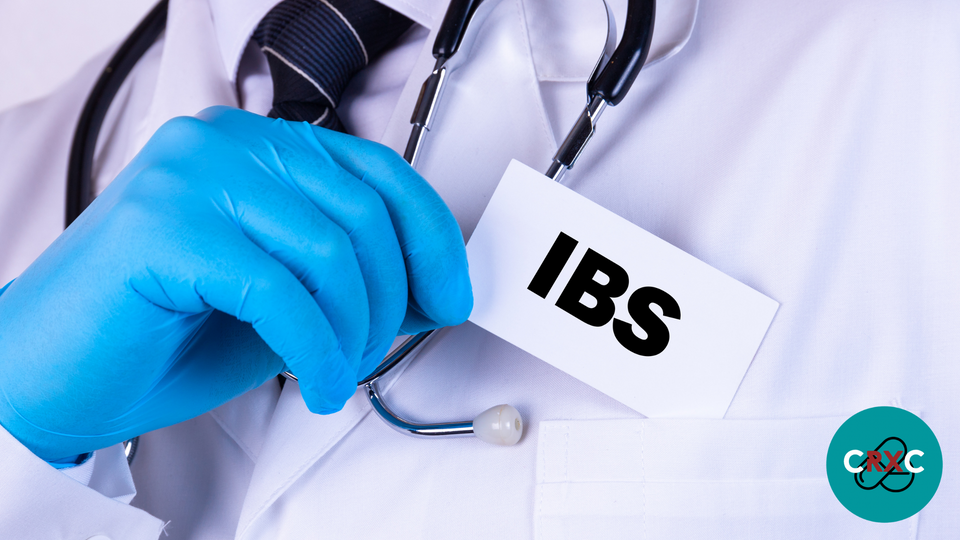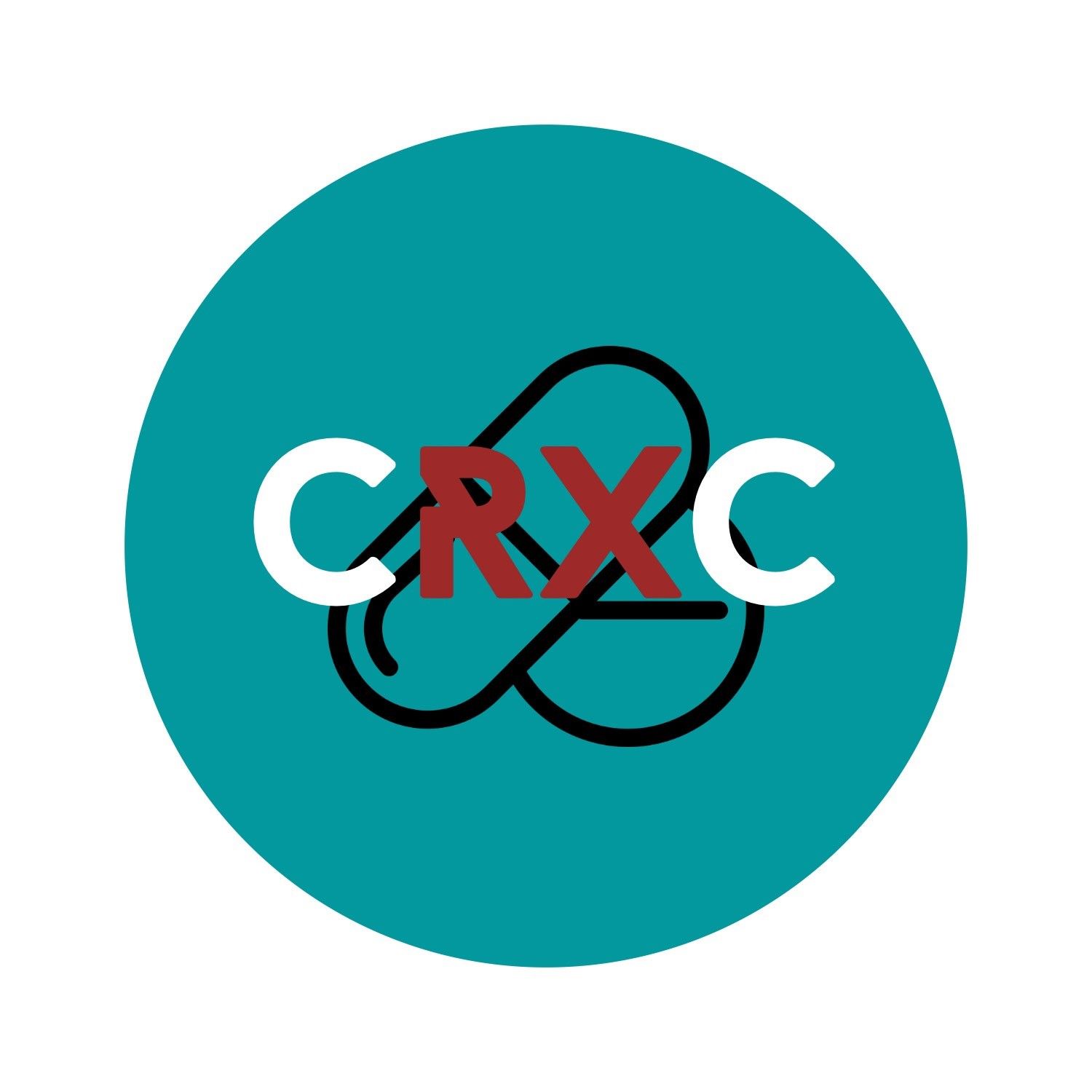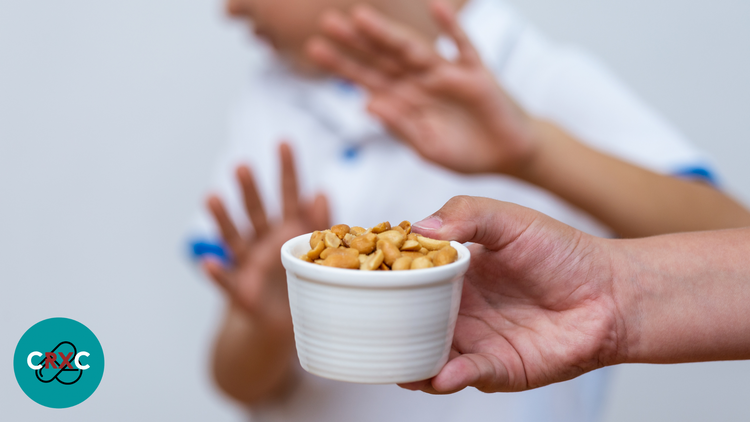Irritable Bowel Syndrome Awareness Month: Understanding that foods are NOT the only trigger

April marks IBS Awareness month and as common as it is for people who struggle with irritable bowel syndrome to have negative reactions to certain foods such as wheat, dairy, yeast etc., IBS could also be triggered by non food related causes. Multiple symptoms can include abdominal cramps, constipation, bloating, diarrhea and excess gas.
Other than food, here are a few of the most common non-food related triggers that you should be aware of.
- Alcohol - Consuming alcohol may cause irritation to your stomach, which can trigger flare-ups of IBS symptoms such as cramping or bloating even from the smallest amount of consumption.
- Stress & anxiety - When you are experiencing stress or anxiety, it can cause a negative effect your nerves, hormones and the bacteria in your gut. With that being said, symptoms such as having a higher sensitivity to pain in the abdomen, colon and rectum can occur as a result of these high levels of stress.
- Lack of rest - When you are not receiving enough sleep or rest, it becomes a stressor on your bodies nervous system. Due to this type of stress on your body you are more likely to go through flare ups.
- Menstruation - Your gut becomes more sensitive when your hormone levels lower during your period. This leads to increased IBS symptoms such as bloating, constipation, diarrhea and cramps.
- Medications - Some medicines can worsen your IBS symptoms. If you struggle with IBS, be sure to talk to your doctor about any medication before consuming to ensure your symptoms are limited. Some medications are more likely to cause diarrhea than others and they can include the following:
- Ibuprofen an Naproxen (NSAIDS)
- Omeprazole, Nexium, Prevacid, Pantoprazole, Tagamet and Zantac (Heartburn drugs)
- Amitryptiline and Imipramine (Antidepressants)
- Simvastatin, Lovastatin, and Lipitor (Cholesterol lowering statin drugs)
- Fosamax (Bone density medications)
- Claritan and Allegra (Allergy drugs)
- Procardia, Zyrtec and Cardizem (Calcium channel blockers)
When you are experiencing an increase in flare ups, it has been shown that exercise and having an active lifestyle change could help. It is highly recommended that regular exercise not only assists with IBS symptoms by promoting movement of food and waste through your digestive system, but also helps with your mental health and overall wellbeing.
Talk to your doctor if any of these non-food IBS triggers is causing you grief and flare ups. Your doctor can assist you in creating a health plan to ensure for a less stressful time and make it easier to cope and live with irritable bowl syndrome.





